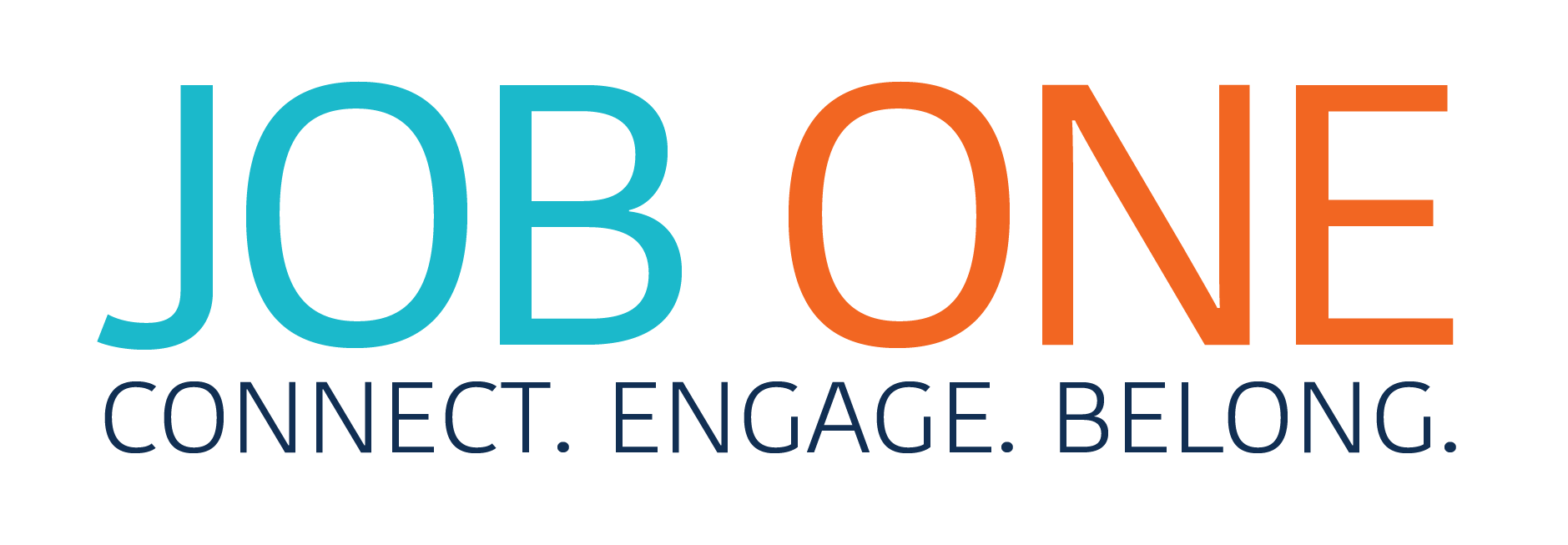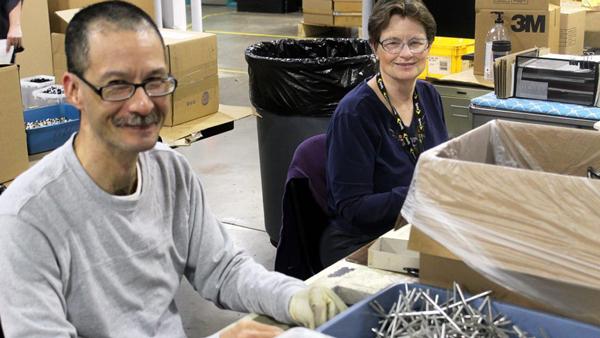by Aaron Martin
A recent article published by The Virginian-Pilot sheds light on how recent WIOA (Workforce Innovation and Opportunity Act) legislation is negatively impacting a large population of workers with disabilities. While the legislation is intended to make advances in providing job opportunities for individuals with disabilities, the sweeping changes are, in fact, putting individuals with more severe disabilities out of work and limiting their options. In her article, author Elizabeth Simpson spotlights the effects of shuttering “workshop” environments for people who require a higher level of assistance.
Simpson features Chris Cook, an individual with an intellectual disability. Chris has been employed for 25 years with a “sheltered workshop” packaging facility similar to Job One. Because of changes stemming from WIOA legislation, Chris’ job has been eliminated, along with about 50 others in this one facility. Chris’ mother worries this will affect him, saying he enjoys the daily structure, ability to socialize with co-workers, sense of value, and stability it brings to his life. His options for employment outside of a “workshop” environment are extremely limited due to the level of his disability.
Job One employs a large population of individuals just like Chris. We are dedicated to continuing to provide choices for employment – including both “workshop”, or facility-based and community-based jobs – to best serve individuals with varying levels of disabilities. We agree with the intent of WIOA, and that young workers who have never been in a “workshop” should have every opportunity to work in the community before being considered for facility-based employment. However, there needs to be a greater understanding that there are many steps along the path to community employment for several individuals and, for some, a workshop can be a good starting point. From our viewpoint, it seems cruel to shutter workshops in the manner that many states and agencies are choosing. These actions are leaving thousands of individuals and their parents/caregivers with little to no choice and taking away their ability to reach higher levels of self-sufficiency.
Your voice and support is important to help continue the services Job One provides. Here are some steps you can take to show your support:
- Stay informed. Follow @Job1One on social media and subscribe to our newsletter.
- Use the information Job One provides to contact your state and federal representatives to voice your support for employment choices for people with disabilities.
- Follow some of our partner agencies and organizations, including Dignity Has A Voice and SourceAmerica.
For the full article from The Virginian-Pilot click here. For more information on Job One, visit https://www.jobonekc.org.

